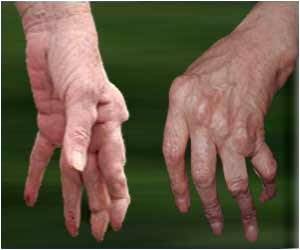A new study has found that people with schistosomes, and possibly other parasitic worm infections, may be more likely to become infected with HIV than persons without worm infections.
A new study has found that people with schistosomes, and possibly other parasitic worm infections, may be more likely to become infected with HIV than persons without worm infections.
The study showed that the infectious dose of HIV-like virus necessary to infect rhesus macaques was 17-fold lower in animals with acute schistosomiasis than in controls.The study, conducted by researchers at the U.S. Centers for Disease Control and Prevention (Atlanta, United States) and the Dana-Farber Cancer Institute and Harvard Medical School (Boston, United States), represented a novel in vivo demonstration that parasitic worms increase a host''''s susceptibility to becoming infected with an AIDS-causing virus.
In the study, macaques co-infected with Schistosoma mansoni also demonstrated higher peak viral loads and higher memory cell concentrations of virus, both predictors of more rapid progression to AIDS.
The results of the study are consistent with the hypothesis that persons living in areas highly endemic for parasitic worms may also have a higher risk of acquiring HIV/AIDS.
Previous studies by this and other research groups have demonstrated that presence of schistosome infections increases viral replication in animal or human hosts with established immunodeficiency virus infections.
The earlier findings, combined with the increased susceptibility to AIDS virus transmission shown in this study, may have profound public health implications for areas of the world where both parasitic worms and HIV-1 are endemic.
Advertisement
Source-ANI
SRM














